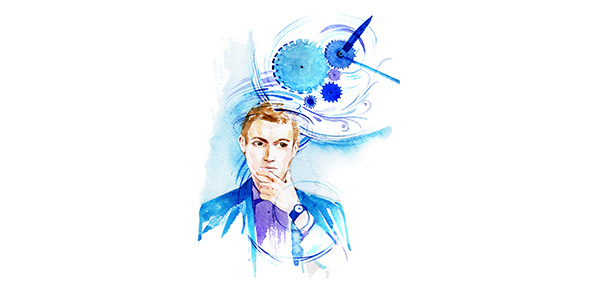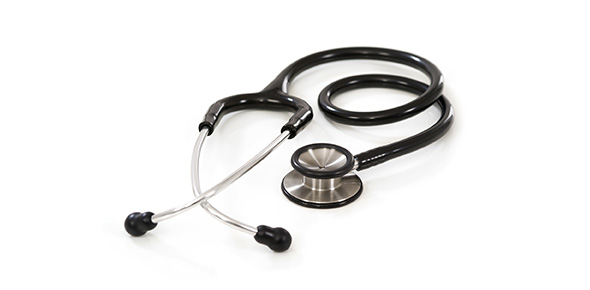Related Flashcards
Related Topics
Cards In This Set
| Front | Back |
|
Chapter 5: PersonalityPersonality Definition
|
Relatively enduring tendencies to think, feel, and act in particular ways. Examples: Neuroticism, Type A, and explanatory style.
|
|
Personality Factors that Lead to Good Health
|
Optimism, Extraversion, Conscientiousness, Hardiness, and Locus of Control.
|
|
Optimism
|
Def: A personality Trait which refers to the expectation that good things will happen in the future whereas bad things will not. Explanatory Style: There is either Optimistic Explanatory Style (OES) or Pessimistic Explanatory Style (PES). Both of these are different ways to have an outlook on life, either optimistically or pessimistically. OES people tend to have lower rates of depression than PES people. PES problems are internal. Stable-Not going to change. OES is exact opposite.Hope: Pursuit of future goals. The Everson Study showed that men who where high in hopelessness were twice as likely to die from cancer and more than four times as likely to die from cardiovascular diseases. Four aspects- Hardiness, Control, Commitment, and Challenge. Benefits: Live longer and less depression and less infectious disease.
|
|
Extraversion
|
Def: A personality trait that describes a person who is outgoing, social, and assertive--they have many friends, they show high levels of energy, and often take leadership roles. Tend to seek a high level of stimulation--they get bored easily, enjoy new challenges, and like to take risks. Introversion is the exact opposite of Extraversion. Benefits: Experience lower rates of Major and Minor Illnesses. Examples: Asthma, Arthritis, ulcers, and coronary heart disease.
|
|
Conscientiousness
|
Def: A personality trait that describes people who are hardworking, motivated, and persistent. They show high levels of self-restraint and an intense focus on their goals. Benefits: Better health and live longer.
|
|
Hardiness and Locus of Control
|
Def: A personality variable that is associated with how a person reacts in challenging and potentially stressful situations. People who are hardy have a strong commitment to what they are doing, possess a sense of control over what is happening to them, and see stressful events as challenging rather than threatening. Def: A generalized belief people have about the extent to which events under their own (internal) control or outside of their control (external).Benefits: Better Mental and Physical health. Less depression in response to major illnesses. Healthy and Robust against stressful life events.
|
|
Personality Factors that lead to Poor Health
|
Neuroticism/Negative Effect, Type A behavior, Hostility/Disagreeableness, Anger Expression, Unforgiveness.
|
|
Neuroticism/Negative Effect
|
Def: A personality trait that refers to the tendency to experience negative emotions, such as distress, anxiety, nervousness, fear, shame, anger, and guilt. They are likely to worry about upcoming events, dwell on past failures, and have a less favorable view of themselves.Drawbacks: Greater number/severity of physical symptoms including frequency of illness, cardiovascular problems, digestive problems, and fatigue.
|
|
Type A Personality
|
Def: A personality trait refers to three distinct types of behavior: Time urgency, competitive drive, and anger/hostility. Type A people experience high levels of time urgency--they are irritated by and impatient with time delays and constantly try to do more than one thing at a time. Second, Type A's have a strong competitive drive and are focused on doing better than other people in all sorts of situations. Finally Type A's are prone to experiencing anger and hostility. Like people who are high in hostility, Type A people are quick to experience anger and may lash out at others in frustration. Drawbacks: More minor illnesses--coughs, allergies, headaches, etc. More gastrointestinal problems--ulcers, indigestion, nausea. More likely to experience Major health problems--6 times more likely to experience a heart attack, Higher percentage of Type A women have hypertension. It has Professional and Academic benefits, however they can be outweighed by the health costs.
|
|
Hostility/Disagreeableness
|
Def: A personality trait in which people believe that others are motivated by selfish concerns and expect other people will deliberately try to hurt them. In turn, because of their general mistrust and cynicism about other people's motivations, hostile people don't hesitate to express their feelings--they are often uncooperative, rude, argumentative, condescending, and aggressive. Drawbacks: Higher rates of Hypertension, Coronary Heart Disease, and 4-7 times mortality.
|
|
Anger Expression
|
Def: Expression of hostility or dissatisfaction with others.Drawbacks: Three times higher heart attack risk, and impaired immune system.
|
|
Unforgiveness
|
Def: Constellation of negative emotions--Primarily hostility, anger, vengeance, revenge, etc. Drawbacks: Higher cardio reactivity, risk of cardiovascular disease problems, and physiological stress arousal.
|
|
Factors that account for Personality
|
1. Stress 2. Coping Strategies 3. Social Support 4. Health Habits 5. Physiological Reactions 6. Self-Report
|
|
Chapter 6: Social SupportSocial Support: Definition
|
Def: There are varying definitions. Some are the existence or quantity of social relationships. Another is the amount of assistance individuals believe os available to them. Also the amount of assistance individuals receive.
|
|
Social Network
|
Def: The number and types of social relationships--Marital status, living with others, frequency of contact with others.Measurement: The Social Network Index uses four categories, which are Marriage, Family contact, Religious, and Group membership. Problems with the Social Network Index: 1. Structure and Complexity--Density, Durability, and Reciprocity. 2. Existence <> Supportive. 3. Time Consuming Measurement. 4. Poor agreement on whether two individuals are in each others networks.
|






